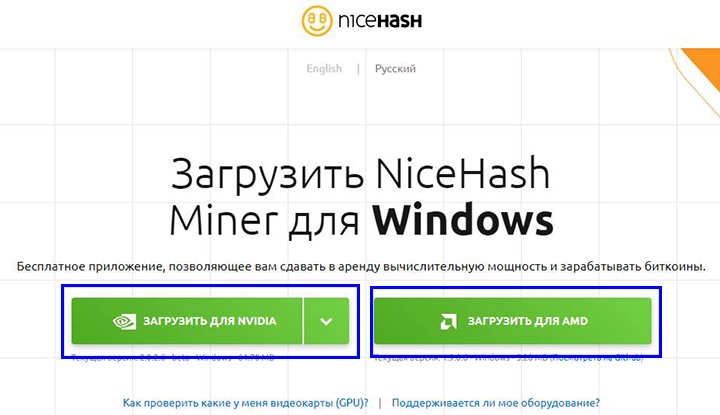

It implements the SilentArmy solver and this is the first Genoil release that I’ve managed to get working. The latest version at the time of writing is 0.4.2. He had a few ZCash releases available on launch day, but it was very unstable and I couldn’t get it to run at all with my cards. Genoil is well known in the Ethereum mining community. I was unable to get the SilentArmy version working with my cards, but I understand this might be a lot quicker. Speeds varied across rigs, but I was able to get around 12 – 14 Sols/s with a mixture of 7950 and R9 280x cards.
#Zcash miner github software
However the software is tied into eXtremal's own mining pool, which has a high fee of 4% and had payout issues on launch day. The standard version was the first that I was able to get working on launch day – the others at the time were all crashing too much to use. (eXtremal is listed as helping with the NiceHash Open CL implementation). eXtremal:ĮXtremal’s miner has a version using the SilentArmy solver and another forked from NiceHash. With an AMD 7950 using the latest drivers, I managed to get around 10 Sols/s per card with this software. The NiceHash software will mine using CPU as well as AMD and NVIDIA GPUs. Primarily the software is aimed at allowing rig owners to rent out their hashing power on the NiceHash platform, however NiceHash also have a pool at and their software can be used to connect directly to this, or any Stratum enabled pool.

#Zcash miner github windows
The team at NiceHash had a Windows miner out quickly. There are no Windows binaries for this, however other mining software authors have been implementing the solvers too. The SilentArmy solver by Marc Bevand is widely considered to be the fastest. Here’s how the mining software stacks up currently: SilentArmy: Most of the testing for the Open CL miners seems to be around the RX 480 cards, so I’ve found the miners to be a little slower less stable on my older cards. My rigs are a little old, housing mostly 7950 and R9 280X cards.
#Zcash miner github drivers
My woes with Ubuntu and AMD drivers are a whole other topic so I decided to try mining to a pool on Windows.Īt the time of writing there are three main Windows miners for AMD cards that I’ve been able to play around with. The ZCash wallet is only available on Linux at the time of writing. I get a lot of my crypto news from CoinDesk who are invested in ZCash, so that might have something to do with it – but either way I was interested enough to give mining a go at launch. I won’t go into a technical comparison of competing coins, but suffice to say that no other anonymous coin has enjoyed quite the marketing push that ZCash has. Several coins have stepped in and tried to fill the anonymity gap, including the likes of DASH, StealthCoin and more recently, Monero. Anonymity is something that was assumed by early users of Bitcoin, but it was soon discovered that analysis of the blockchain could link transactions to people, fairly reliably. ZCash is supposed to be truly anonymous in a way that Bitcoin never was. Recently however, I couldn’t help but notice the hype surrounding ZCash. I’ve been mining Ethereum for some time and until recently no new coin launch has caught my attention enough to move my hashing power. I’ve been playing around with Bitcoin and alt currency mining since 2013, initially building a couple of GPU rigs to mine Litecoin and then diversifying across all manner of coins and algorithms. Here’s how I got on, mining to a ZCash pool on a Windows GPU mining rig. ZCash launched on October 28th among some of the craziest price volatility imaginable.


 0 kommentar(er)
0 kommentar(er)
